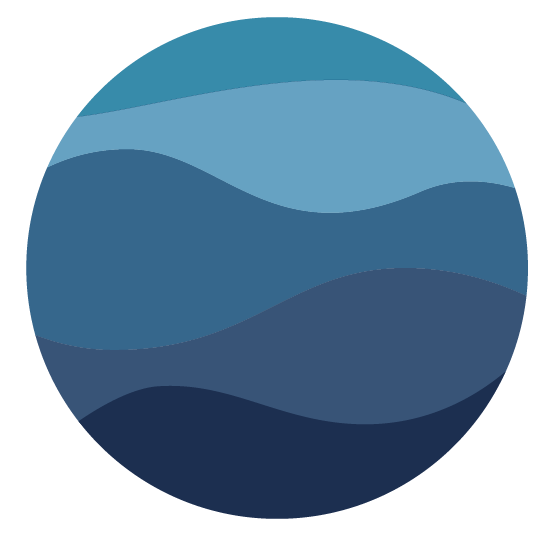The Story of NewVote is the story of my life.
It is not an easy thing to do – to encapsulate your life’s work on a webpage.
I know this because several years ago, I was asked to write my story in an international website I had long admired.
I worked on it for weeks, trying to get the tone right. Personal but not too personal. Positive but not dismissing the challenges. Confident but not annoying. (You know how the self-talk goes.)
Finally I asked a friend for help and he wrote it for me, writing in first person as if he were me.
It was perfect.
So rather than put myself through that misery again, I am going to reproduce the bio part of it here. (If you would like to read the full article - you can do that on this page.)
I hope it helps you understand who I am. Why NewVote is so important to me. And maybe it will inspire you to come walk our road with us.
The Story so Far
I was born in 1984, the same year Alexey Pajitnov invented Tetris and Steve Jobs unveiled the Apple Macintosh. Ten years before the World Wide Web even existed.
I’ve always considered myself quite lucky to be part of the last generation to experience an internet-free childhood and the first generation to become an adult with the Internet in place.
This experience has meant that I’m both a little bit wary of the Internet, and curious, hopeful and excited for its potential.
I believe it can be used to enhance our most important and integral institution, democracy.
I believe that what we have found in NewVote is something transcendental that will bring democracy to the next era. The digital era.
Changing the world
As a young kid, I talked with my friends about how we would change the world when we grew up. We never stopped talking about it and for as long as I can remember I have followed politics and grappled with the complex system of law, culture and power that determines how our democracy is governed.
In Australia, the form of representative democracy we have is a federal Westminster-style parliamentary constitutional monarchy.
Direct democracy is virtually unheard of here. The last popular vote on a national level – on the question of whether Australia should become a republic - failed, 18 years ago.
In high school our ancient history teacher taught us about a very different kind of democracy that existed in Ancient Athens, direct democracy. This, I was told at the time, is impossible in the modern day. But the roots of democracy in the ancient world have always inspired me.
In touch with constituents
Whilst I was at university, studying psychology, political science and law, a European schoolteacher, Per Norbäck, used an online delegative software programme in Vallentuna, a suburb of Stockholm, to hear from his constituents.
This software allowed its users to vote on political issues directly or delegate their votes to others to vote on their behalf.
Across the Pacific from me, Mark Zuckerberg was releasing a university-based social platform, Facebook, which has since grown into a worldwide network of over one billion people. If it were a country, it would be the world’s most populous.
The first major digital democracy innovation in Australia occurred in 2007, with the introduction of Senator Online, a political party in which every piece of legislation would be put on a website that members could vote for or against.
Several parties have followed in its footsteps, for example, FLUX sprung up in 2016 with the promise of an app run on blockchain that would allow voters to trade their votes on issues they don’t care about for issues that matter to them most - a kind of marketplace for votes.
None, as yet, have managed to elect a candidate.
Fusing power
After university I had a gap year overseas. I was in Argentina in 2012 when Partido de la Red created the software, DemocracyOS, which required the public identification of its users (to reduce trolls) and to raise an issue for a vote and leave a comment.
Later that year, when I returned home, my passion galvanised. I decided my purpose was to fuse the power of the internet, with the power of democracy, for the betterment of humankind. For me, this is when NewVote was born.
I think that if NewVote provides balanced information and deliberative processes, then humanity’s general decency will lead to better outcomes.
The wisdom of the crowd has shown to be a large and growing force in technology. NewVote will hopefully bring us closer to our aspiring, best version of ourselves and our society as citizens feel empowered to understand the big issues in society and have their voice heard in a genuine way.
Talking and learning
For the past five years, I have learnt to figure out how everyday people can engage easily with the decision making process. I have talked with and learned from experts, politicians, interest groups, regular people, family and friends.
Those cynical and critical of my ideas were also the most helpful. As each spurred me on to research and innovate new ways to make the best model possible.
Last year I attended the Global Forum on Modern Direct Democracy. I didn’t know what I would find at the forum in San Sebastián, Spain.
I didn’t know a single person there. I simply flew to the other side of the world to learn and to share what I had learned. The passionate people at the forum inspired me to even greater heights.

